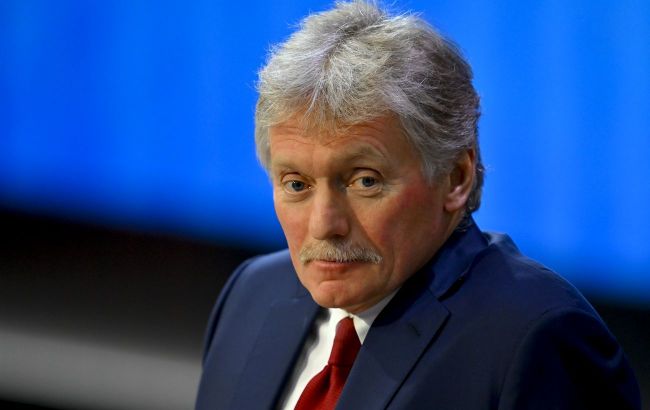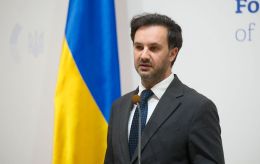Russia accuses Poland of Russophobia amid consulate closure
 Photo: Dmitry Peskov, spokesman for the Russian President (Getty Images)
Photo: Dmitry Peskov, spokesman for the Russian President (Getty Images)
On Wednesday, November 19, Russia described Warsaw's decision to close the last functioning Russian consulate in Poland as an act of Russophobia. Dmitry Peskov, spokesperson for Russian President Vladimir Putin, said that this move "has nothing to do with common sense", Reuters reports.
Peskov's comments were a response to Polish Foreign Minister Radosław Sikorski, who announced the withdrawal of consent for the Russian consulate to operate after the explosion on a railway track, which Poland blamed on the intelligence services of Russia.
The Kremlin reacted to the allegations by accusing Poland of exhibiting Russophobia (dislike or fear of Russia - ed.).
"Relations with Poland have completely deteriorated. This is probably a manifestation of this deterioration - the Polish authorities' desire to reduce any possibility of consular or diplomatic relations to zero," Peskov emphasized.
Sabotage on Poland’s railway
Poland has discovered damage to a railway track on a key route leading to the Ukrainian border. The incident occurred near the PKP Mika station in the vicinity of Życzyn, in the Garwolin district of the Masovian Voivodeship.
Later, Polish Prime Minister Donald Tusk confirmed that the tracks had been destroyed as a result of an explosion. Ukraine's national railway company Ukrzaliznytsia clarified that, according to Polish authorities, an explosive device detonated on that section of the track, causing significant damage.
Polish Defense Minister Władysław Kosiniak-Kamysz announced that the army would inspect the remaining 120 kilometers of tracks leading to the Ukrainian border to prevent similar incidents.
Following the railway sabotage, Polish law enforcement launched an investigation. They suspect that the attacks were carried out in the interests of a foreign intelligence service.
Additionally, Polish authorities will demand that Belarus detain and extradite the suspects involved in the railway sabotage. One of them had already been convicted by a Lviv court in May for sabotage on Ukrainian territory. The other suspect is a native of the Donetsk region and previously worked in a prosecutor's office.

